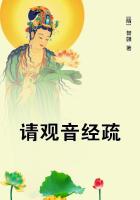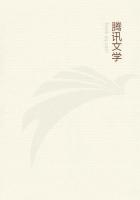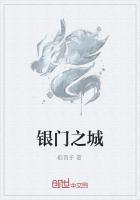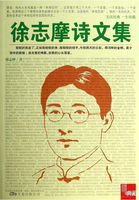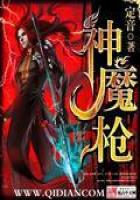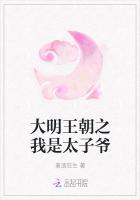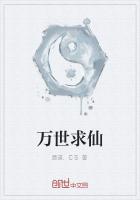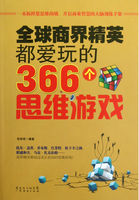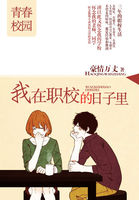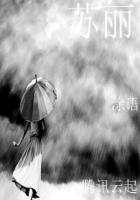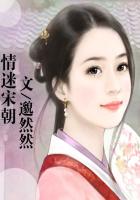But while we may thus expect a perfected universal logic, treating of the laws of thought as laws of thought, -- not independent of objects, but whatever be the objects, -- I hope there will grow up alongside a particular logic, which will be a more practically useful logic, to consider the laws of thought as directed to particular classes of objects, and to treat of such topics as demonstrative and probable evidence, induction, and analogy.In regard to this latter logic, Stewart must ever be referred to as an authority.So far, indeed, as the theory of definitions and axioms is concerned, I prefer very much the view of Whewell, as developed in his " Philosophy of the Inductive {293}
Sciences." But, in regard to induction, I believe that Stewart's account of it is, upon the whole, the best which appeared from the time of Bacon down to his own age.Since his time, we have two great works, which have left every other far behind, -- that of Whewell and that of Mr.John Stuart Mill.Not that I regard either of these as perfect.
Dr.Whewell has exaggerated the place of the mental element, and has expressed it in most unfortunate phraseology, such as " fundamental ideas " and " conceptions," terms which have been used in twenty different significations, and are used by him to denote that the mind superinduces on the facts something not in the facts, whereas the mental power merely discovers what is in the facts.Mr.Mill, on the other hand, has overlooked the mental element altogether, and denies all necessary and universal truth.We may hope, in future years, to have a perfect inductive logic by a judicious combination of these two works but this can be done only by a man of the same high intellectual stature as Whewell and Mill, and this will seldom be met with.It is to be regretted that, since the days of Stew art, there is not a single Scotchman who has presented a work on induction, of any name or value. In regard to analogy, the discoveries as to the typical forms of animals and plants and evolution will enable logicians to give a far more comprehensive and yet more stringent view of reasoning from analogy than has been done by Stewart, by Whewell, or by Mill.
The third volume of the " Elements " treats of certain concrete and practical matters, which Stewart was peculiarly qualified to discuss, and which bring out some of the finer qualities of his mind.All his disquisitions had tended to become verbal; and here he treats expressly of languages which he does with fine discernment, but falls into a great blunder in regard to {294} Sanscrit, which he represents as of comparatively late origin, and analogous to mediaeval Latin, whereas it has a literature reaching back at least twelve hundred years before Christ.He has some interesting, though by no means profound, remarks on the sympathetic affections.But by far the finest parts of the volume are those in which he treats of the varieties of intellectual character, and of the peculiarities of the metaphysician, the mathematician, the poet, and the sexes.Thus, of the mere metaphysician, he says, that, " he cannot easily submit to the task of examining details, or of ascertaining facts, and is apt to seize on a few <data> as first principles, following them out boldly to their remotest consequences, and afterwards employing his ingenuity to reconcile, by means of false refinements, his theoretical assumptions with the exceptions which seem to contradict them." He shows that the metaphysician is safe from the checks met with in physics, "where speculative mistakes are contradicted by facts which strike our senses." Again, of mathematics, he says, " that, while they increase the faculty of reasoning or deduction, they give no employment to the other powers of the understanding concerned in the investigation of truth."He adds: " I have never met a mere mathematician who was not credulous to excess."In the same volume he discusses cautiously and judiciously the comparison between the faculties of man and brutes.I suspect, however, that the theory has not yet been devised it has certainly not been published -- which is fitted to give a satisfactory account of the relation of the brute to the human faculties.I suppose that Bonnet is right when he says that we shall never be able to understand the nature of brute instinct, till we are in the dog's head without being the dog.It is certain that we have at this moment nothing deserving of the name of science on this subject.I have sometimes thought that the modern doctrine of homologues and analogues, if extended and modified to suit the new object, might supply the key to enable us to express some of the facts.Certain of the brute qualities are merely analogous to those of man (as the wing of a butterfly is analogous to that of a bird); others are homologues, but inferior in degree; while there are qualities in man different in kind from any, in the brute.
Aristotle called brute instincts, .They would be more accurately described as anticipations or types of the coming archetype.{295} The volume closes with an account of James Mitchell, a boy born blind and dumb.
The " Philosophical Essays " are an episode in his system as a whole, even as his numerous notes and illustrations are episodes in the individual volumes.I am tempted, in looking at them, to take up two of the subjects discussed, as a deep interest still collects around them, and the questions agitated cannot yet be regarded as settled.

